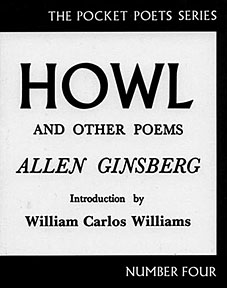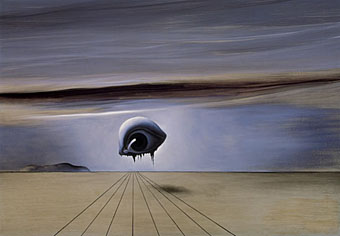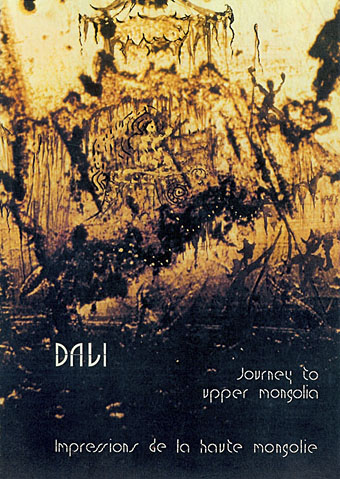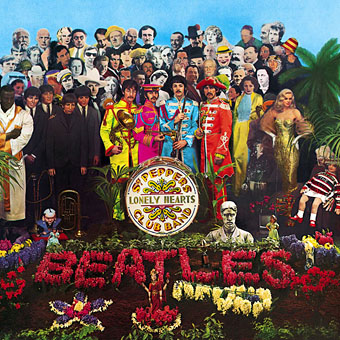 James Campbell in The Guardian this weekend writes about the arrest fifty years ago of Lawrence Ferlinghetti for his publishing Allen Ginsberg’s paean to ecstatic drug use and gay sex, Howl and Other Poems. Ferlinghetti was arrested on charges of selling (or “peddling”, as these prissy turns of phrase always have it) literature likely to be harmful to minors, even though it’s hard to imagine there were gangs of schoolkids rushing into his City Lights bookstore to buy a volume of experimental poetry. The ensuing trial was the first in a series of cases in the late Fifties and early Sixties which finally established (in America, at least) that the law needed to try and keep its hands off literary works.
James Campbell in The Guardian this weekend writes about the arrest fifty years ago of Lawrence Ferlinghetti for his publishing Allen Ginsberg’s paean to ecstatic drug use and gay sex, Howl and Other Poems. Ferlinghetti was arrested on charges of selling (or “peddling”, as these prissy turns of phrase always have it) literature likely to be harmful to minors, even though it’s hard to imagine there were gangs of schoolkids rushing into his City Lights bookstore to buy a volume of experimental poetry. The ensuing trial was the first in a series of cases in the late Fifties and early Sixties which finally established (in America, at least) that the law needed to try and keep its hands off literary works.
America since 1957 has managed to grow up on one level, with Howl now regarded as a classic work of 20th century poetry, and grow more infantile on the other, with And Tango Makes Three, a childrens’ book about gay penguins, being the most-challenged book of 2006 according to the America Library Association; you can still rely on the “g” word to get the would-be book-burners agitated. The growing gulf between perceptions of morality in the US versus those in Europe can be seen in the way that US librarians need to hold an annual Banned Books Week to draw attention to the ongoing war between prudery and licence while there’s no equivalent to this in the UK. Britons used to look enviously at America’s freedoms of speech but the atmosphere has relaxed considerably here over the past twenty years while in America it sometimes seems that the clock is running backwards. That said, Russ Kick pointed out several years ago how, even among freedom-loving librarians, some books are more defensible than others.
The City Lights bookstore is located at 261 Columbus Avenue, San Francisco, and by coincidence I’ve spent the past couple of days exploring that locale using Google’s remarkable Street View facility which is now a feature on their San Francisco map, together with those for New York, Miami, Las Vegas and Denver. Not all the streets in these cities have been photographed yet but it’s fascinating to not only see places you’ve already been to but then turn down a side street and see the places you missed. If you want to know what it’s like to drive across the Golden Gate Bridge then here’s your chance.
Continue reading “Ginsberg’s Howl and the view from the street”




